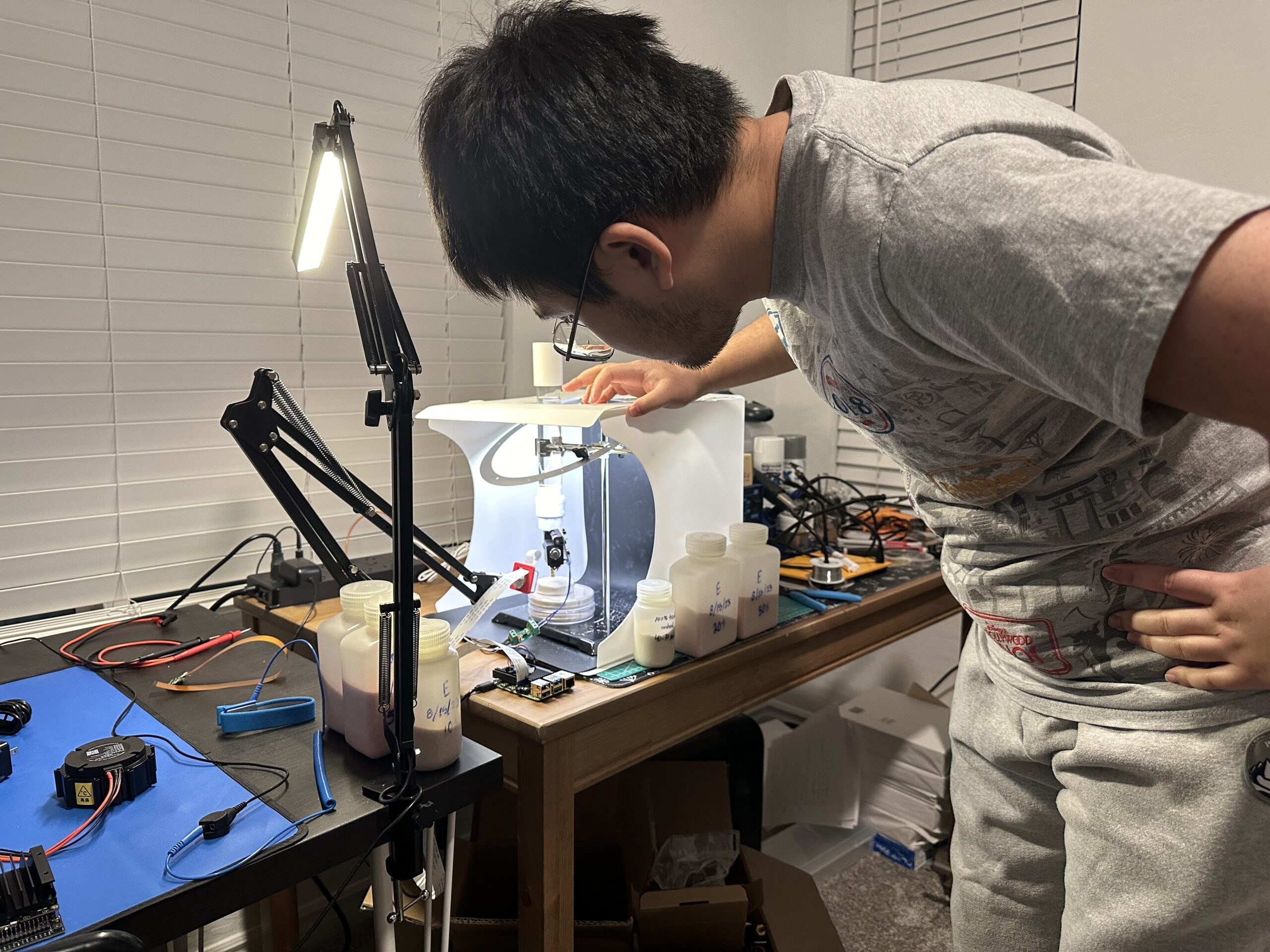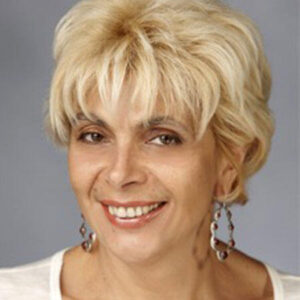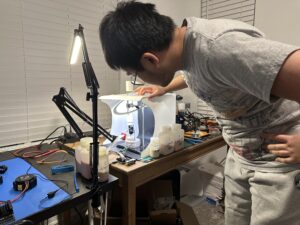Seed Grant Highlight – Dr. Emma Regentova
As a part of the HDRFS project, the research funded by the seed grant “Analysis of Water Drop Penetration Time (WDPT) for evaluating hydrophobicity of soils affected by fire “ (PI- Dr. Emma Regentova, Department of Electrical and Computer Engineering, UNLV) is concerned with developing an analytical framework and software for measuring WDPT automatically to contribute to the HDRFS research. The work is under development and it is performed in collaboration with Dr. Markus Berli (DRI), a lead of the Hydrology component and Dr. Venki Muthukumar (UNLV), senior personnel of the Cyberinfrastructure Innovations component.
The first major task of the project is to experiment in the lab environment to collect WDPT test data and adjust parameters for the UAS-based data acquisition system. This task targets estimation of the proper resolution, frame rate, physical placement of a camera, and an electronic pipette, and prepare the ground truth for the next stage. The second task focuses on the development of machine learning techniques for automatic detection of onset and offset frames of the water drop penetration in the collected video clips, and thus measure the time of absorption.
There are several graduate students involved on this project. One of the students, Mr. Danxu Wang, is enrolled in the master’s program in electrical engineering at UNLV and is being supported by the grant to assist in this important research. Through experiments, he has established the optimal parameters of the experimental system, such as the video frame rate, the camera’s optical axis angle, the distance of the water drop release nozzle to the soil surface, the type of the light source and the background color setting for a better contrast of the recorded video, as well as the video resolution. The video data are collected for 137 soil samples of various percentage of hydrophobicity for training and testing the machine learning model of automatic measurements of the water absorption time. Currently, Mr. Wang is fine tuning the method via augmenting data and retraining the model of action former for achieving higher accuracy of estimation.
The seed grant awards are funded through the HDRFS project for one year at $30,000 to provide additional research, education and workforce development (E-WFD), and sustainability in areas relevant to the HDRFS project.




 Acknowledgement: This material is based upon work supported by the National Science Foundation under Grant No. OIA- 2148788.
Acknowledgement: This material is based upon work supported by the National Science Foundation under Grant No. OIA- 2148788.